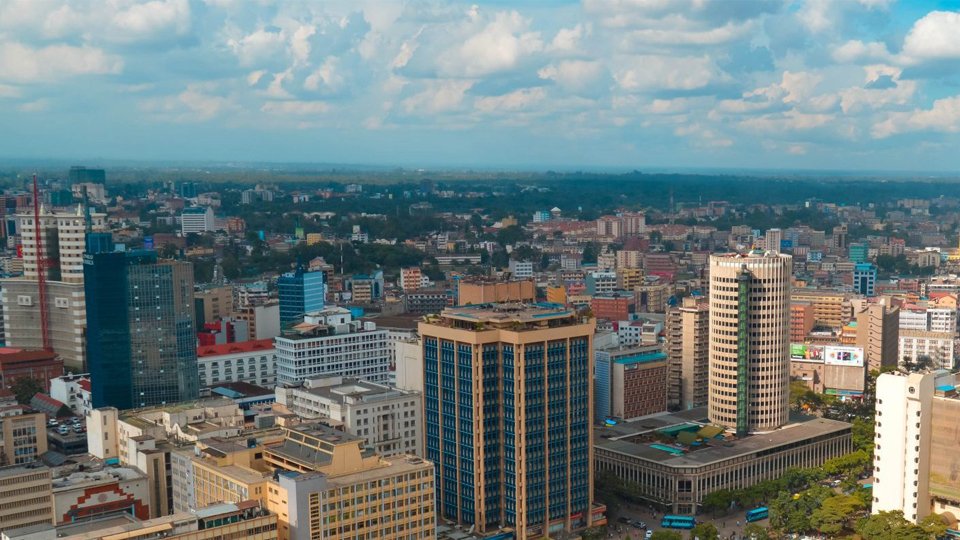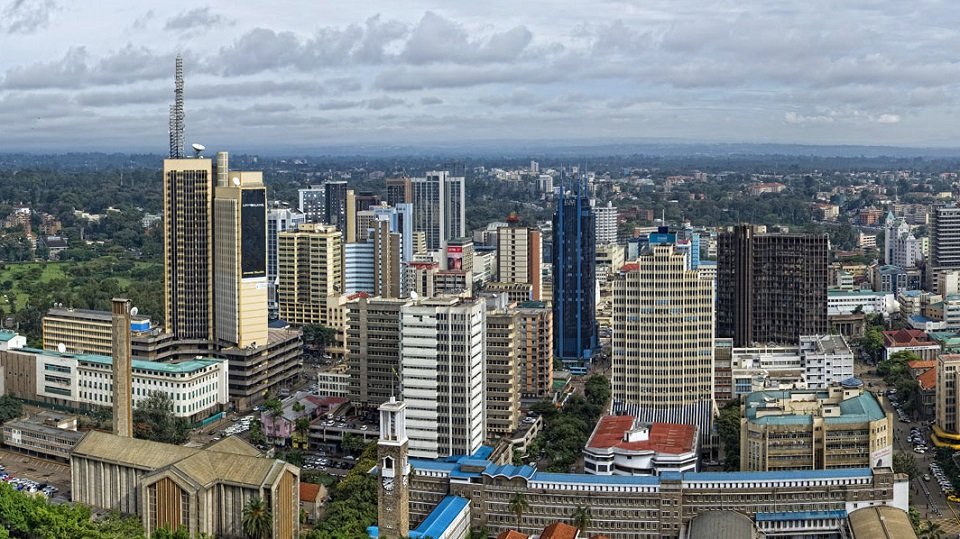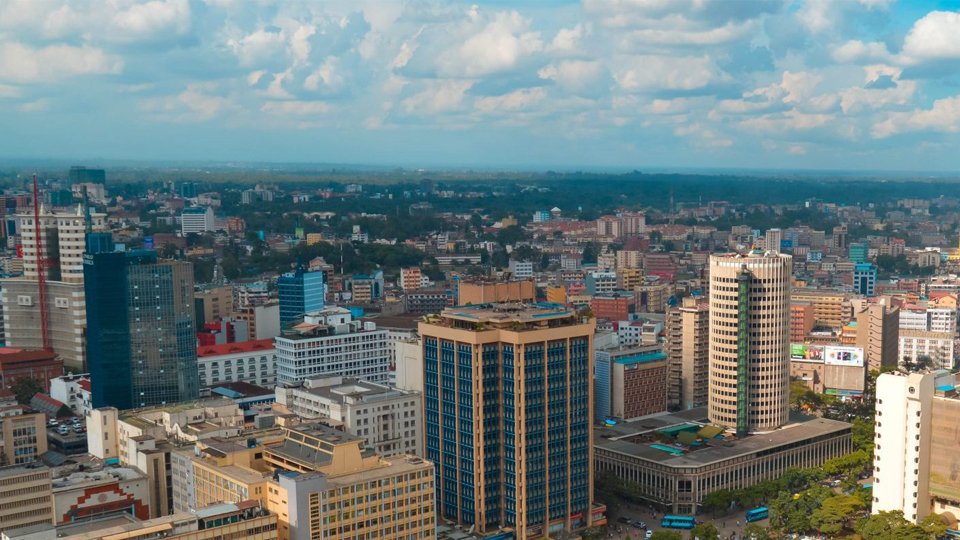The Finance Act, 2021, which was assented into law by the President of Kenya on 29 June 2021, makes a raft of changes to Kenya’s tax regime including the Income Tax Act, the Value Added Tax Act, the Tax Procedures Act, the Miscellaneous Fees and Levies Act and the Excise Duty Act, among others. Most amendments proposed under the Finance Bill, 2021 were approved by Parliament as set out, while others amendments we approved with modifications.








